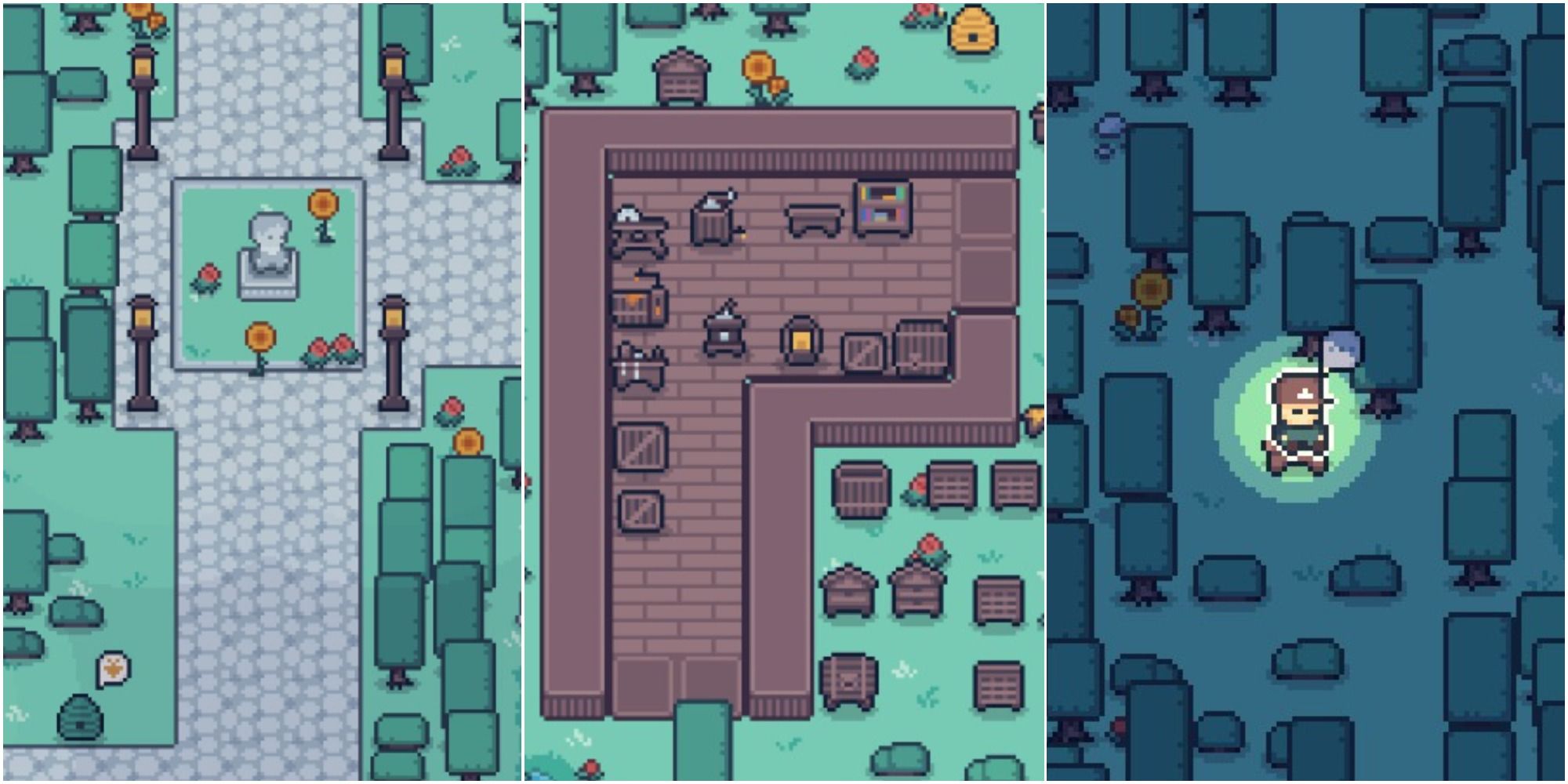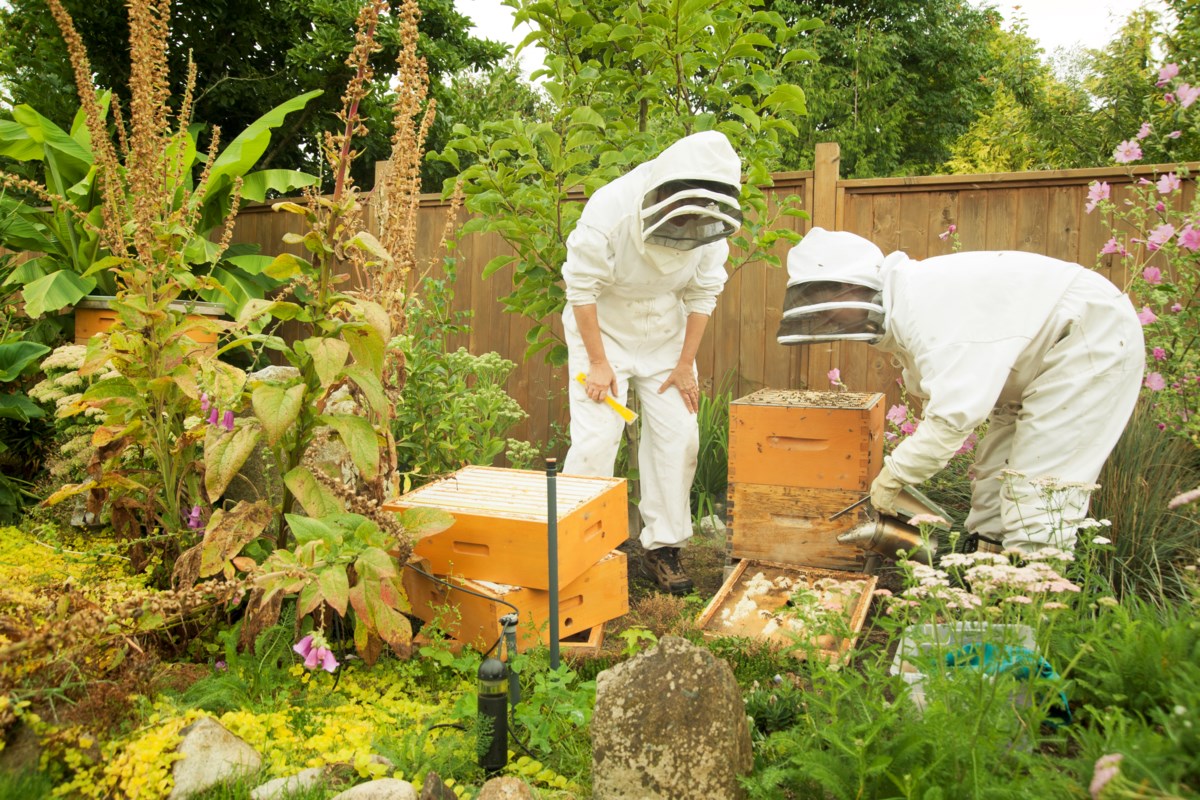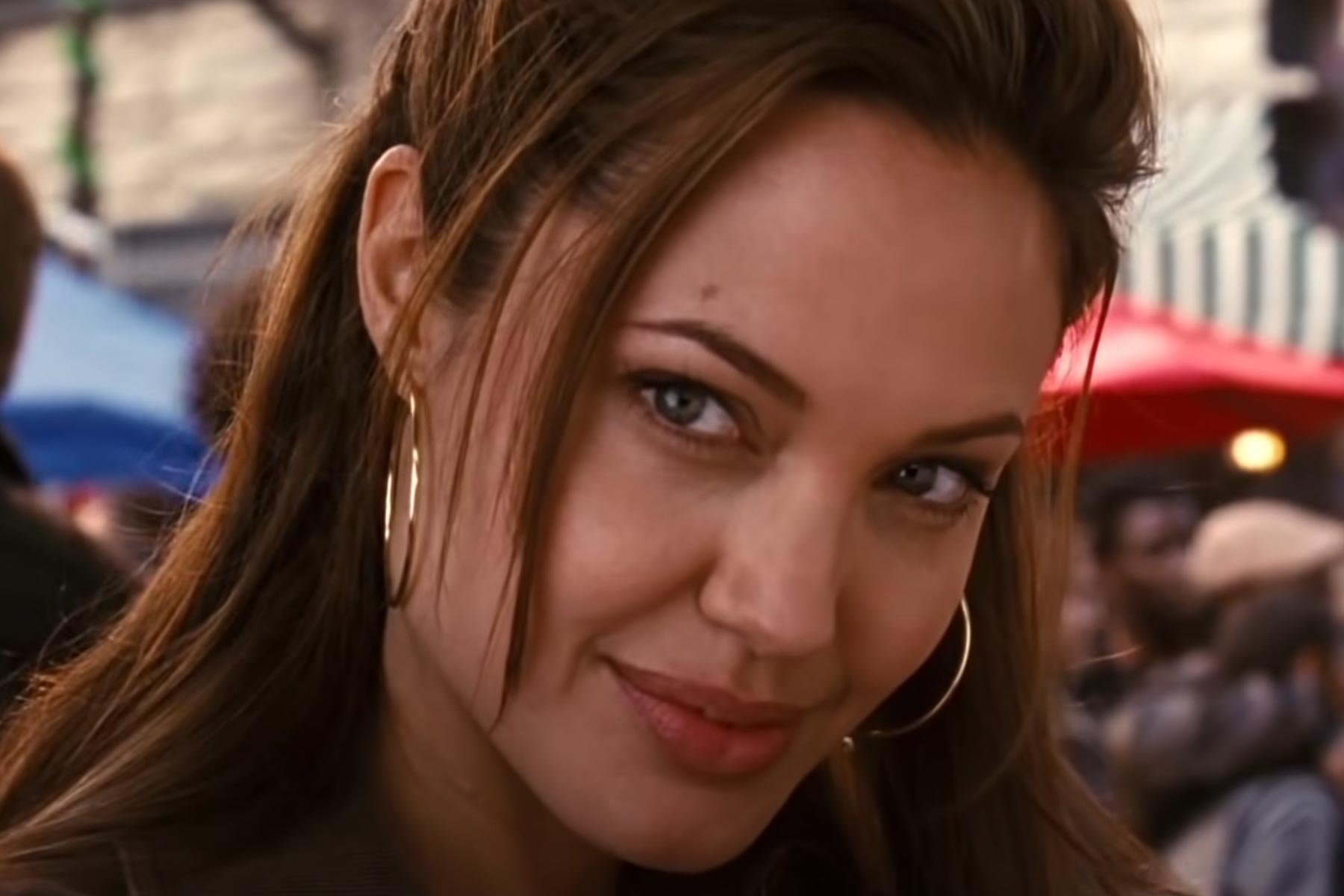Poet, essayist, and writing teacher, Jenna Butler lives in an off-grid cabin on a farm.Yasmin Butler / Document
During the warmer months, author Jenna Butler will often wander the gardens of her northern Alberta farm, Larch Grove, to harvest wild roses. “The petals,” she writes, “layered in a clean jar with last season’s leftover honey poured over it, will resuscitate the full decay of summer on our morning toast during the winter months.” This is just one of the many exquisite anecdotes found in Butler’s memoir. Reverie: a year of bees, finalist for this year’s Governor General’s Literary Awards in the non-fiction category. Over the phone from her off-grid booth on the farm, the poet, essayist and writing teacher spoke to The Globe and Mail about life as a beekeeper.
You were a finalist for the Governor General’s Awards. What did it mean to you to be recognized in this way?
It was unbelievable. I must be on this amazing list with writers that I have read for years and admire. It was just such a privilege. It’s a little book – Reverie only exceeds a little over 100 pages. It came out in November 2020 – it was like throwing it into the pandemic. Goodbye, little book – Good luck. I had high hopes for this, I think as you do for any of your books. But I also realized that everyone had much higher priorities at this time. So to be on the list of finalists was huge.
:format(jpeg)/cloudfront-us-east-1.images.arcpublishing.com/tgam/R3NBBDTVZNBSBPVHMAP3UX2BNY.jpg)
You open Reverie with a quote – “attention is the beginning of devotion” – from poet Mary Oliver. How did this resonate with you as you documented your life as a beekeeper over the course of a year?
The book began by being primarily about bees. Then when we started keeping bees, we couldn’t help but expand our awareness of all wild bees – and realize that while there is a lot of work going on with wild bees in Alberta, there is still so much we do not know. So, it is this idea that paying attention to one thing acts as a door to open your attention to all things. That seems to be the way things are done here on the farm. It’s hard to focus on one thing without seeing how it plays out on everything else. It deepens our sense of responsibility for placing.
You write in Reverie on how keeping bees fosters a sense of hope and well-being.
When you think of bees, you think of that feeling of hope – how they turn a sweet summer into a winter. It seems a bit miraculous, magical. But then you look at the flip side of that hope. How can you not? We have been reading for five or ten years now how bees are affected, primarily by colony collapse disorder. The exact cause is still a bit nebulous – it is this multi-part disease. Then you add climate change to that. There is hope – and we all need to find that feeling of hope for ourselves, as much as for the bees. But we have to be aware of this impact we have on the world.
There is a beekeeper that you write about – “tell the bees” – that I wanted to ask you about.
It is an old beekeeping practice. It has been happening for years, and it is happening across cultures. Bees become part of your world, part of your everyday life. We go about our business here in the summer and spring and check the bees – they are close enough to the house that you can hear if anything changes. Telling bees is part of your practice if anything changes in your life, especially if it has to do with the people who visit the beehives. This happened because if one of the beekeepers died, or someone in your family, you were going to tell the bees. For us, it’s just part of visiting the bees and telling them what’s going on. It makes you realize that you are part of something, instead of all of something.
Beekeeping is also an exercise in emotional self-regulation. What happens when you are stressed and interact with bees?
My husband and I live in this 800 square foot off-grid cabin. My husband is sitting in the attic and I’m sure he’s going to laugh to himself while I talk about this. He is the most zen person and he works with the bees and they are all cold around him. But then me – I think it’s also that I’m a trauma survivor. They are really sensitive to your energy. They read your energy. You have to become fluid to let go of the day. I’m aware of that right now. And last summer, being diagnosed with breast cancer and waiting for all the tests to confirm it. One thing I haven’t mentioned to a lot of people is that one of the first ways I knew the tumor we found was cancerous was the reaction of the bees. The bees wouldn’t come anywhere near me.
You are writing about the story of people turning to bees for health care. While undergoing cancer treatment, are you benefiting from the experience of fellowship with your hives?
I am. It’s interesting that I’m on treatment during the winter, when the bees are locked in the bees. We just had a foot of snow the other day, so they’re buried in the snow. They are locked in their inner world in their hives – we cannot open them now until spring. I am very conscious of going inward on my own journey. I am aware of them there as I go into my own world. There’s a kind of comfort knowing they’re out there. They’re making their way through the rough season – just like me.
This interview has been edited and condensed.
Broaden your mind and build your reading list with the Books newsletter. register today.
 Xoven Agricultor
Xoven Agricultor



